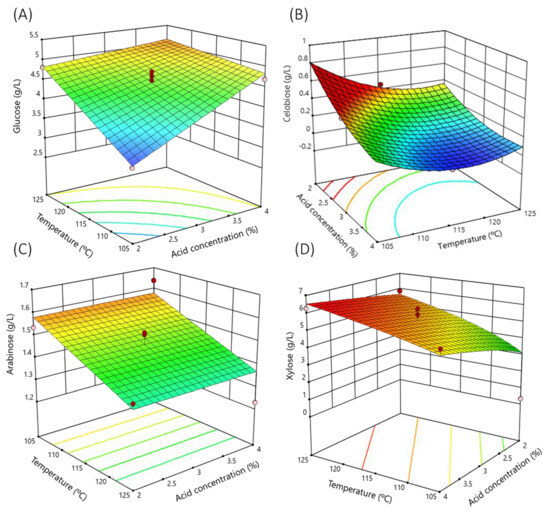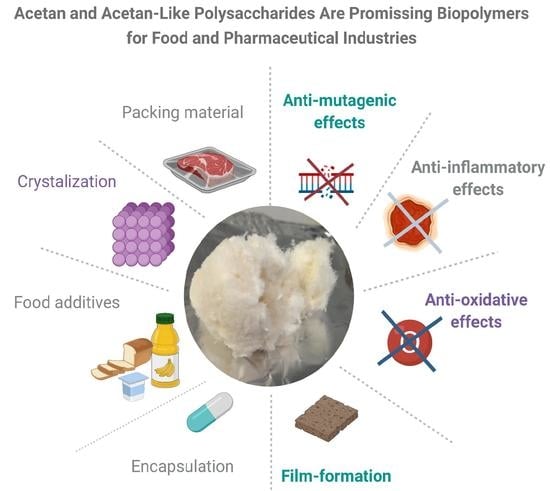Bacterial Polymers
A topical collection in Polymers (ISSN 2073-4360). This collection belongs to the section "Biobased and Biodegradable Polymers".
Submission Status: Closed | Viewed by 8562Editor
Interests: food biotechnology; food fermentation; bioactivity of natural extracts and chemical synthesized compounds; immobilization and microinjection of enzymes and microorganisms; microencapsulated bioactive powders; in vitro gastrointestinal digestions; developing innovative functional foods; food science; molecular gastronomy
Special Issues, Collections and Topics in MDPI journals
Topical Collection Information
Dear Colleagues,
Bacteria are able to synthesize numerous biopolymers with different biological functions, acting as reserve material, protective capsules, and biofilm matrix components, which possess suitable material properties for industrial and medical applications. Bacterial polymers can be classified as polysaccharides, polyamides, polyesters, and inorganic polyanhydrides.
The current knowledge in the biosynthesis route and key enzymes has driven genetic engineering toward novel polymer production with unique and value-added material properties also supporting economic efficiency. In particular, metabolic engineering exploitation has led to new hosts able to synthesize even polythioesters and polylactic acid.
However, a higher understanding of the bioprocess and three-dimensional architecture of polymerases and synthases, or the respective polymerization, in order to enhance the efficiency of engineering experiments, is needed.
This Topical Collection addresses all the above areas in bacterial polymers, focusing on the engineering approaches and recent advances in the analysis of the polymer structure–material property relationship. Moreover, the key aspects of bacterial biopolymer production interconnected with polymer biosynthesis and material properties are of interest, as this approach can redirect the polymer industry toward the use of bacterial polymers as important renewable products.
Prof. Dr. Dan C. Vodnar
Collection Editor
Manuscript Submission Information
Manuscripts should be submitted online at www.mdpi.com by registering and logging in to this website. Once you are registered, click here to go to the submission form. Manuscripts can be submitted until the deadline. All submissions that pass pre-check are peer-reviewed. Accepted papers will be published continuously in the journal (as soon as accepted) and will be listed together on the collection website. Research articles, review articles as well as short communications are invited. For planned papers, a title and short abstract (about 250 words) can be sent to the Editorial Office for assessment.
Submitted manuscripts should not have been published previously, nor be under consideration for publication elsewhere (except conference proceedings papers). All manuscripts are thoroughly refereed through a single-blind peer-review process. A guide for authors and other relevant information for submission of manuscripts is available on the Instructions for Authors page. Polymers is an international peer-reviewed open access semimonthly journal published by MDPI.
Please visit the Instructions for Authors page before submitting a manuscript. The Article Processing Charge (APC) for publication in this open access journal is 2700 CHF (Swiss Francs). Submitted papers should be well formatted and use good English. Authors may use MDPI's English editing service prior to publication or during author revisions.
Keywords
- bacterial polymers
- biosynthesis
- applications
- metabolic engineering
- material properties








